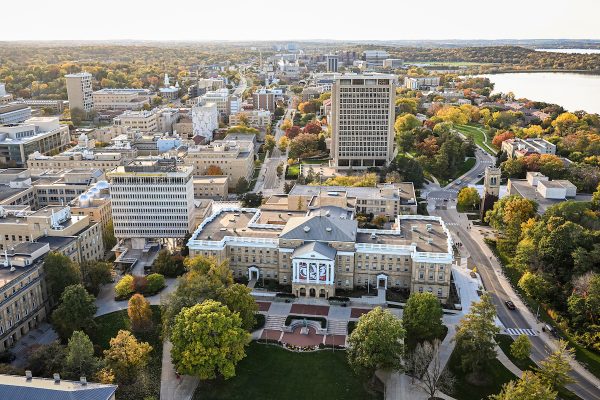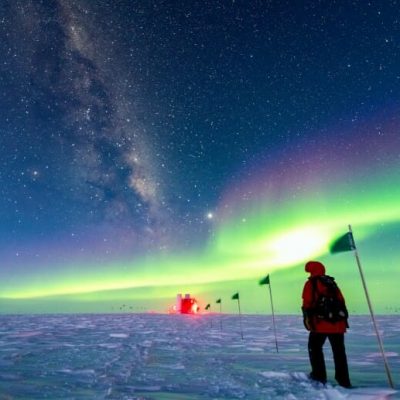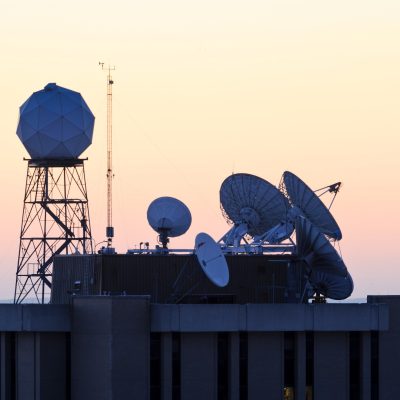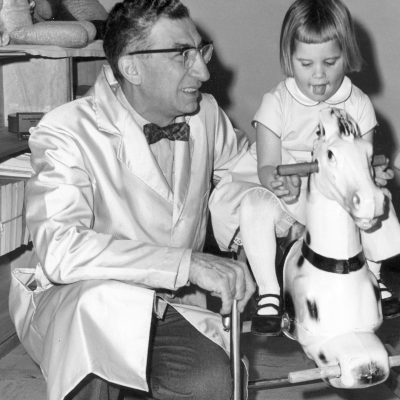Sea Grant Project Seeks to Protect 22 Lake Michigan Coastal Communities
CONTACT: Moira Harrington, (608) 263-5371, moira@aqua.wisc.edu
SEA GRANT PROJECT SEEKS TO PROTECT 22 LAKE MICHIGAN COASTAL COMMUNITIES
Wisconsin Sea Grant has announced it will work with partners on a new, three-year $840,000 multi-faceted project to protect Lake Michigan shoreline homes, beaches and harbors.
The effort is funded through an award from the federal National Oceanic and Atmospheric Administration Coastal Resilience Grants Program and builds on prior Sea Grant work in Kenosha, Racine, Milwaukee and Ozaukee counties, which are dotted with natural and man-made features susceptible to damage from erosion, fluctuating water levels and coastal storms with pounding surf and high winds.
“Our proposal to safeguard the people and property along the coastline of Lake Michigan was well-received by federal grant reviewers. This infusion of nearly $1 million in federal money recognizes the importance of the Great Lakes to our nation’s economy and the unique coastal challenges the regional faces. For example, our current above-average lake levels combined with high-energy storm waves have increased erosion of the coast. Private property owners and local officials need to be able to protect assets-homes, garages, sheds and yards, as well as public features important to commerce and tourism, such as harbors, beaches and other lakefront recreational spots,” said Adam Bechle, the former J. Philip Keillor Fellow, a position supported by Sea Grant and the Wisconsin Coastal Management Program. Bechle was the primary architect of the successful grant application during the time of his fellowship earlier this year.
Four coastal counties, 22 coastal municipalities, and various state and local organizations will be the focus of the work.
The new grant will allow Sea Grant and the lead agency on the project, the Wisconsin Coastal Management Program of the Wisconsin Department of Administration, along with other partners-the University of Wisconsin-Madison Department of Civil and Environmental Engineering, and Southeastern Wisconsin Regional Planning Commission-to complete a number of tasks. These include:
– Organizing a network for communities to address collaboratively coastal hazard issues Local officials, scientists and outreach specialists will be organized to learn about available options to protect coastal assets, share ideas for addressing coastal hazards and discuss opportunities for regional collaboration.
– Mapping historic shoreline recession and potential future recession scenarios Historic shoreline and bluff crest recession rates in the region will be measured and mapped. A range of possible future shoreline recession rates will be estimated and mapped based on scenarios of lake level extremes, large-wave-energy storms and changes in shore protection. The information will be shared through a public interactive geospatial database to improve planning along the coast.
– Developing guidance on risk communication and risk-reduction practices Materials will be developed to enhance awareness of coastal hazard risks, including hazard-specific web pages and visualizations of hazard processes. There will be guidance and trainings on risk-reduction practices, including nature-based shore protection, harbor and marina maintenance and adaptation planning, and erosion-resilient beach restoration practices.
– Identifying local resilience opportunities and funding implementation Communities will work with grant project staff to assess vulnerabilities to coastal hazards, identify key resilience needs and prioritize actions that will reduce coastal hazard impacts. Funds will be available for communities to develop plans to implement actions that mitigate future coastal hazard impacts. Lessons learned from these projects will be shared throughout the state and the Great Lakes region.
“Lake Michigan communities are vibrant places, but also face challenges when the lake’s waters rise and fall, weakening natural physical structures and threatening man-made ones,” said Mike Friis, director of the Wisconsin Coastal Management Program. “We have some outstanding partners with deep expertise in areas that will benefit southeastern Wisconsin. For many years, we have collaborated with the organizations who are now partners on this grant-whether it’s setting up rip current and dangerous wave warning systems, advising towns on how to better build or repair marina infrastructure or preventing beach erosion. We have been successful in improving the quality of life in our state and boosting economic potential. This grant offers yet another way to continue some very well-started efforts.”
READ MORE: http://seagrant.wisc.edu/Home/AboutUsSection/PressRoom/Details.aspx?PostID=2535
Four UW faculty recognized with Early Career Innovator Awards
The Office of the Vice Chancellor for Research (OVCR) has announced the recipients of the 2024 Early Career Innovator Award, which recognizes four UW–Madison early career faculty for engaging in technology transfer…
UW–Madison alum and theoretical physicist named WIPAC director
Dan Hooper, PhD, has been selected as the new director of the Wisconsin IceCube Particle Astrophysics Center (WIPAC). Hooper will begin his role at WIPAC on Sept. 9 and as…
Faculty receive 2024-25 WARF Named Professorships, Kellett Fellowships, and Romnes Awards
Thirty-two UW–Madison faculty have been awarded fellowships from the Office of the Vice Chancellor for Research for 2024-25. The awardees span the four research divisions on campus: arts and humanities, physical sciences,…
News and Announcements
Research Events
March
-
3
Wisconsin and Beyond with Melissa Sanchez6:30 pm, Play Circle, Memorial Union
-
4
Talk Title: Inner Edge: Mental Performance Training
-
4
ASH Updates - Part II: Leukemia, Myeloma and Lymphoma8:00 am, G5/134 Clinical Sciences Center
Discover Research
UW Research at a Glance
-
5th
in nation for volume of research -
$1.93B
spent on research -
19
VCR research and service centers







